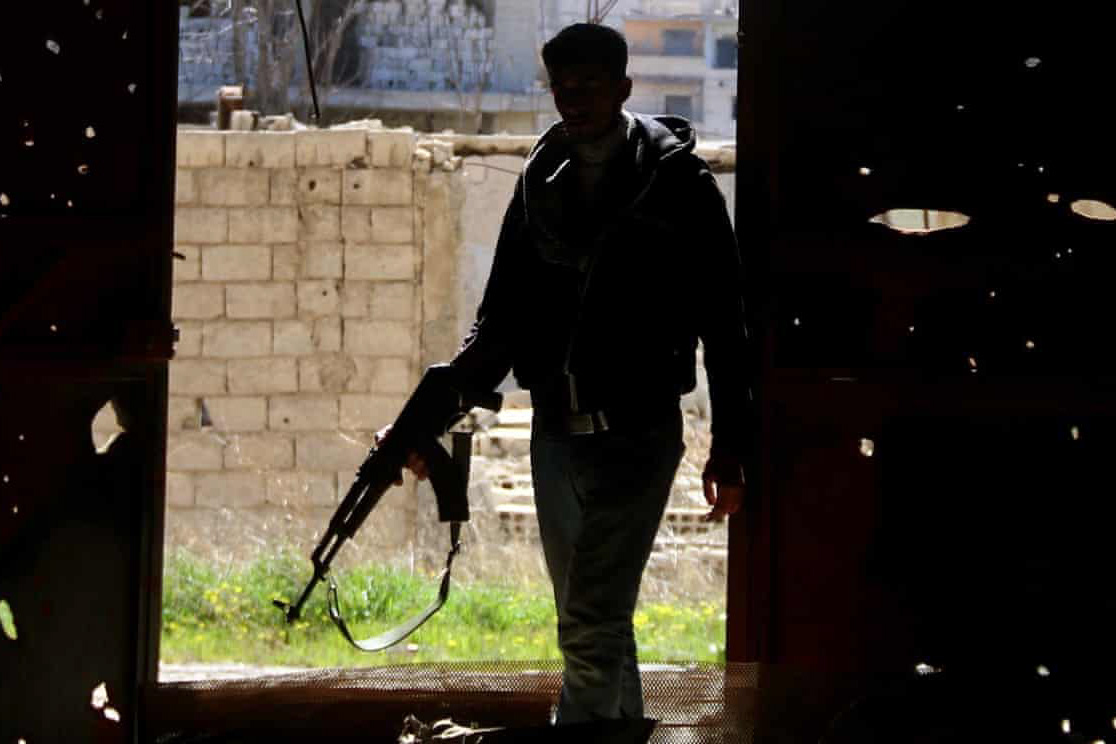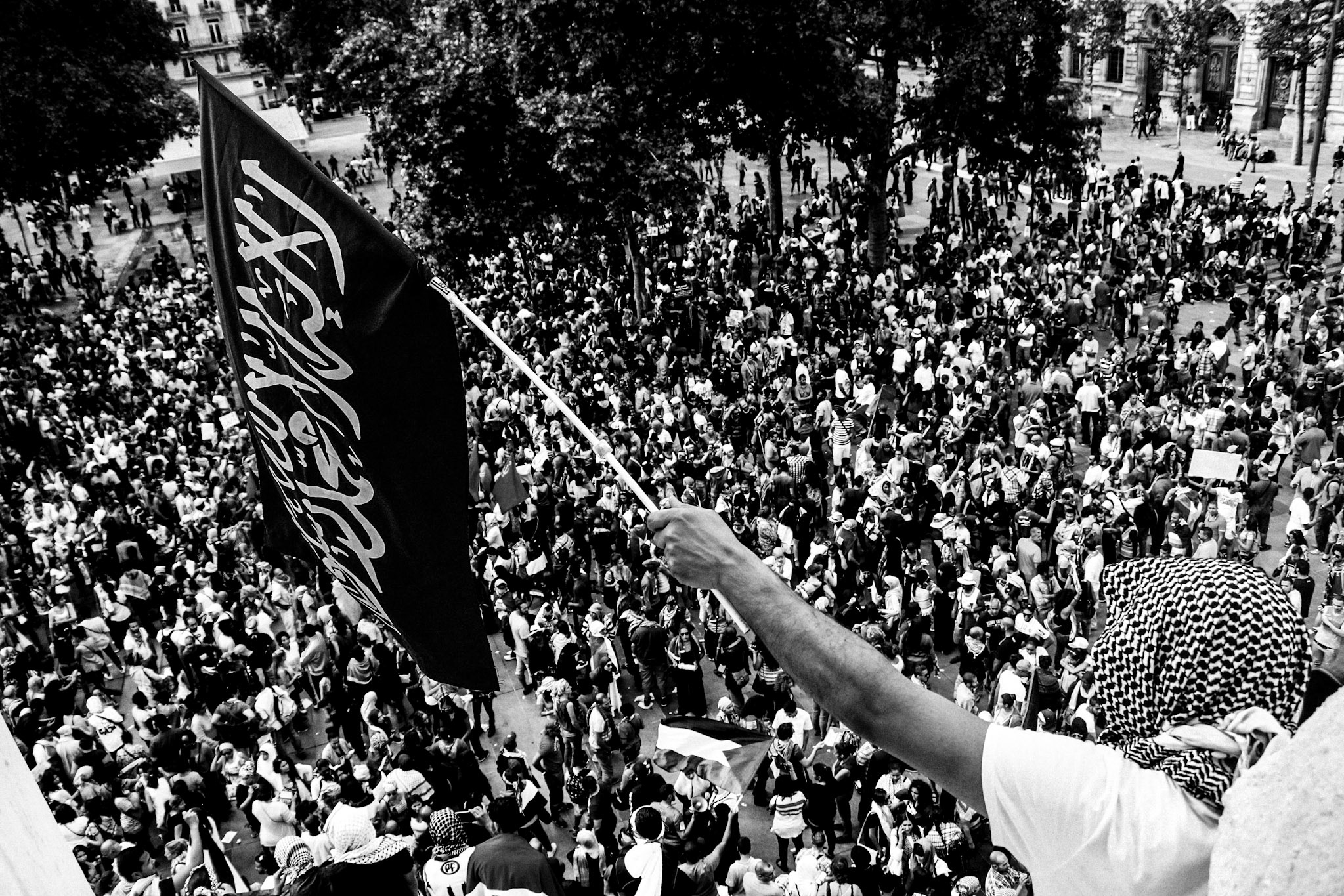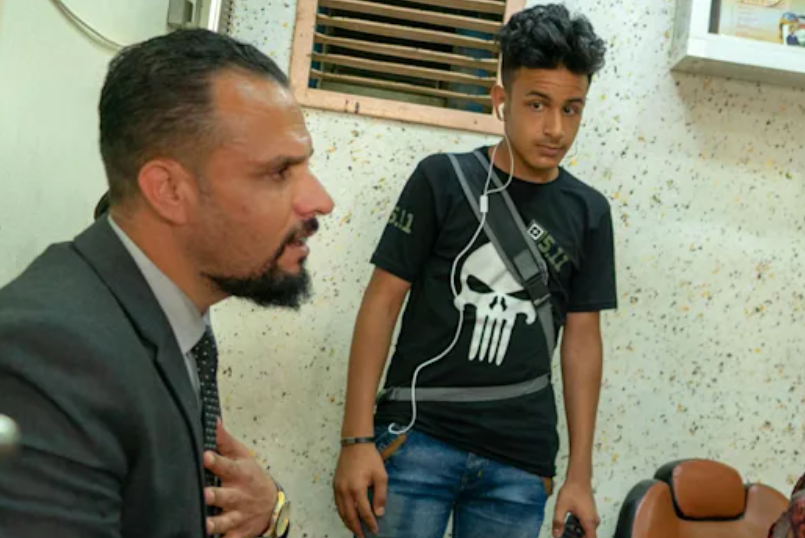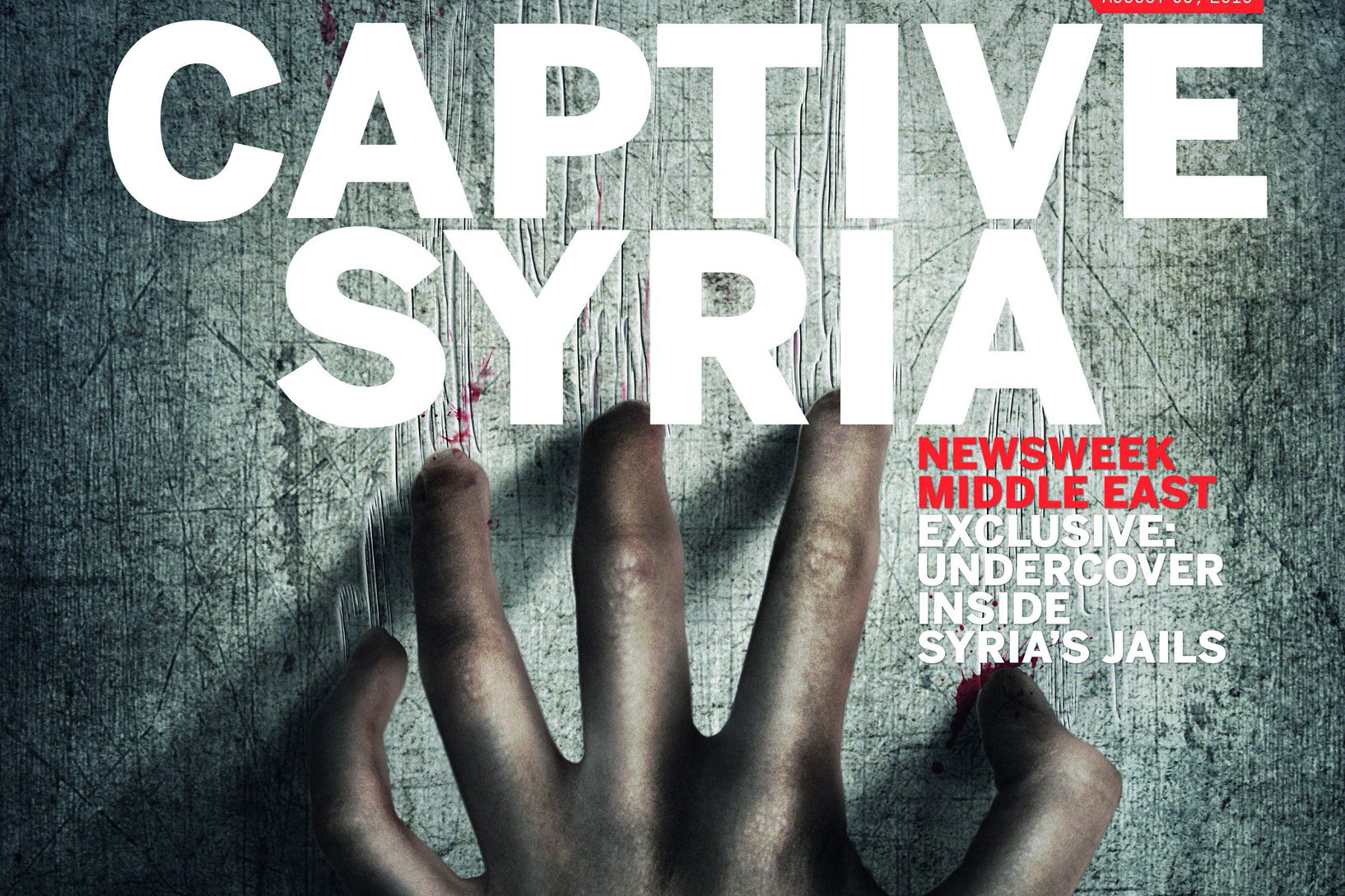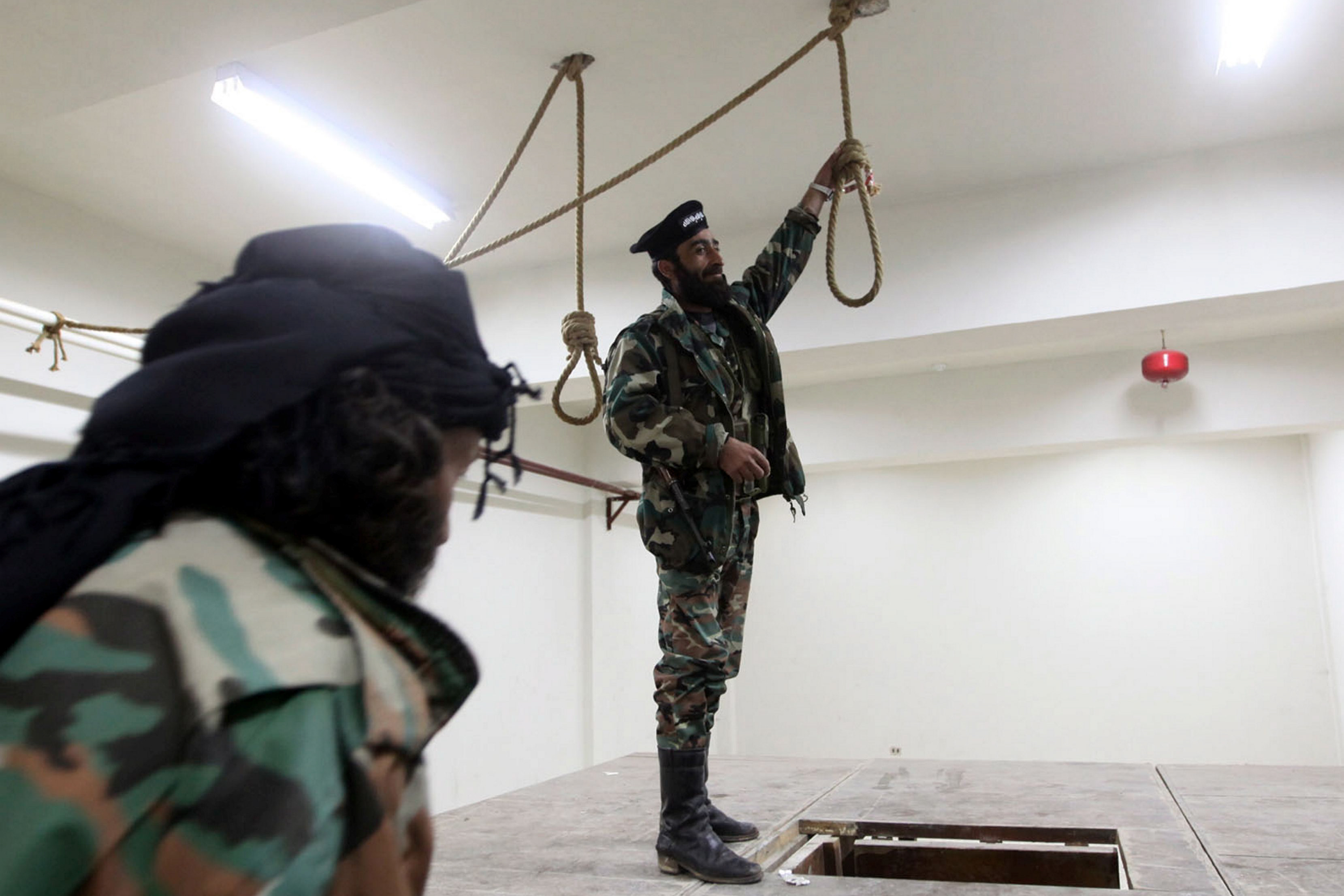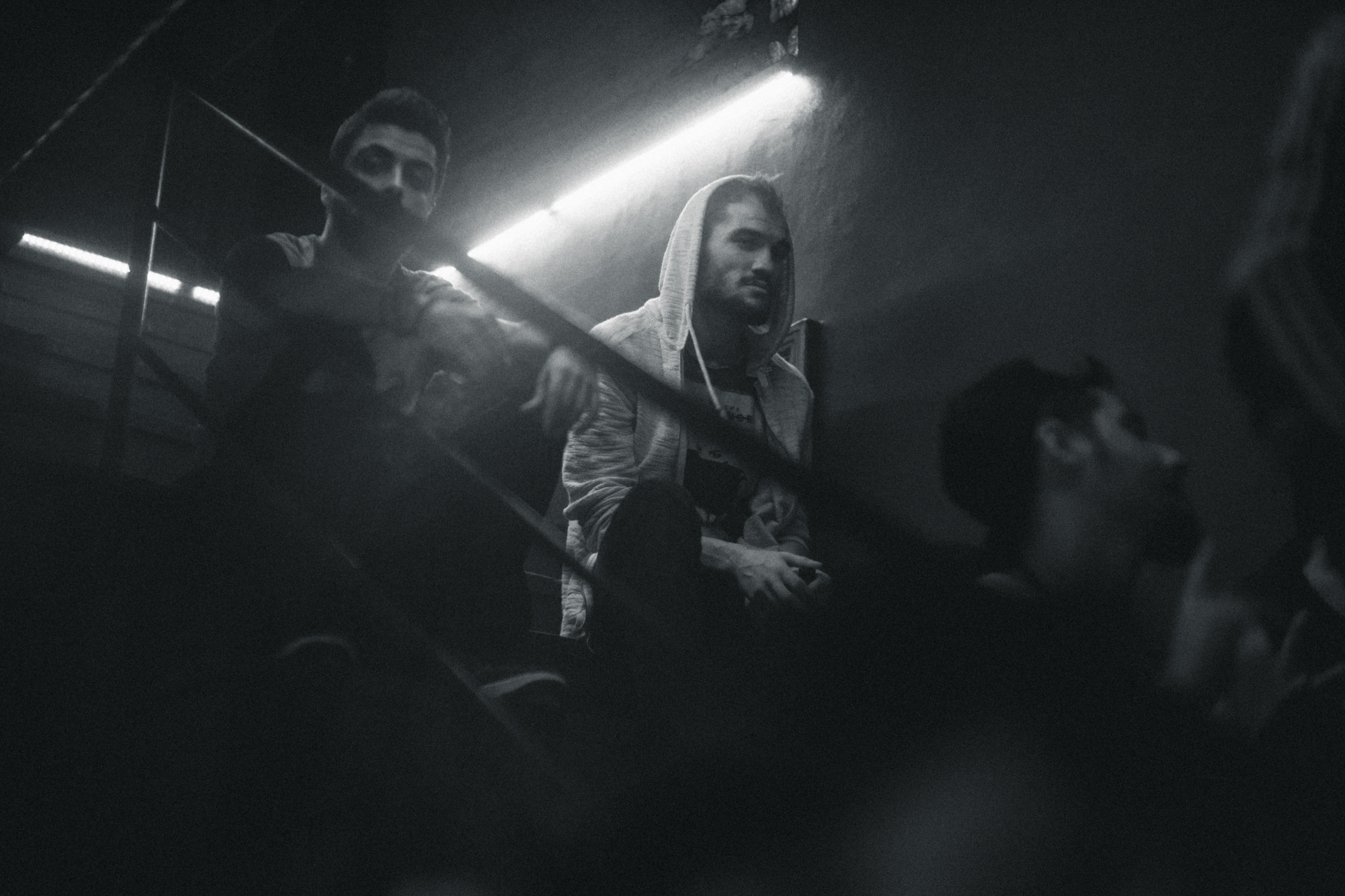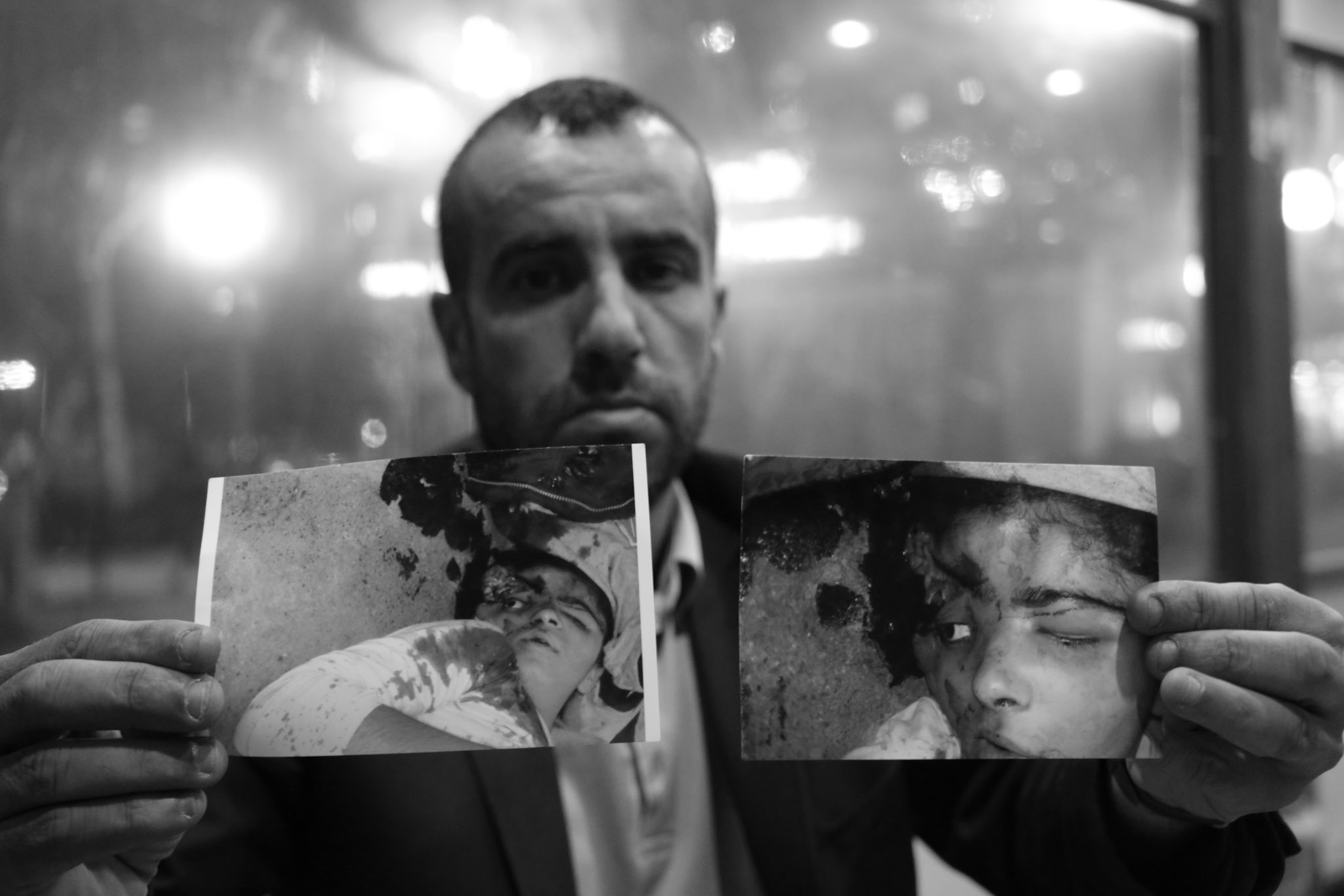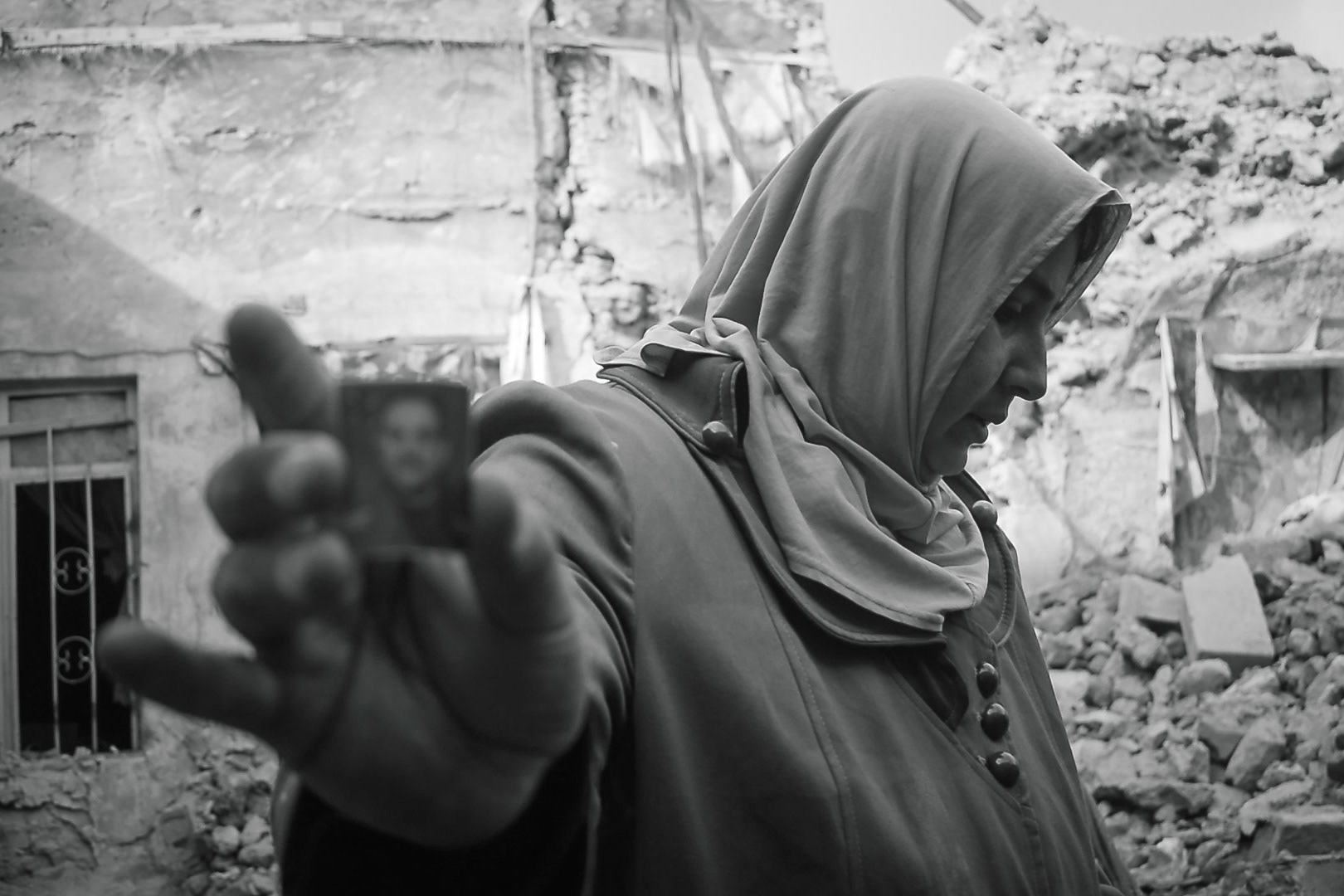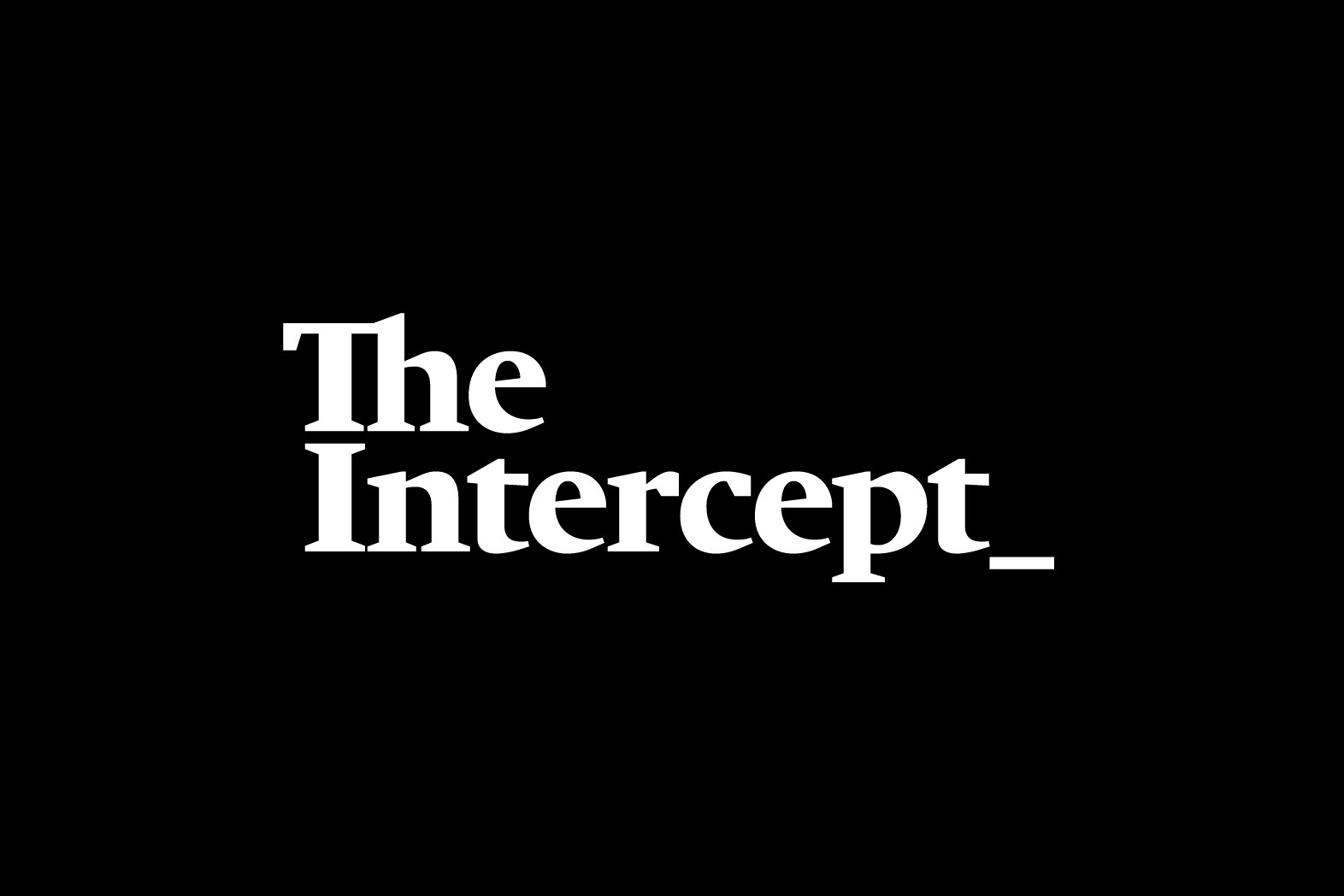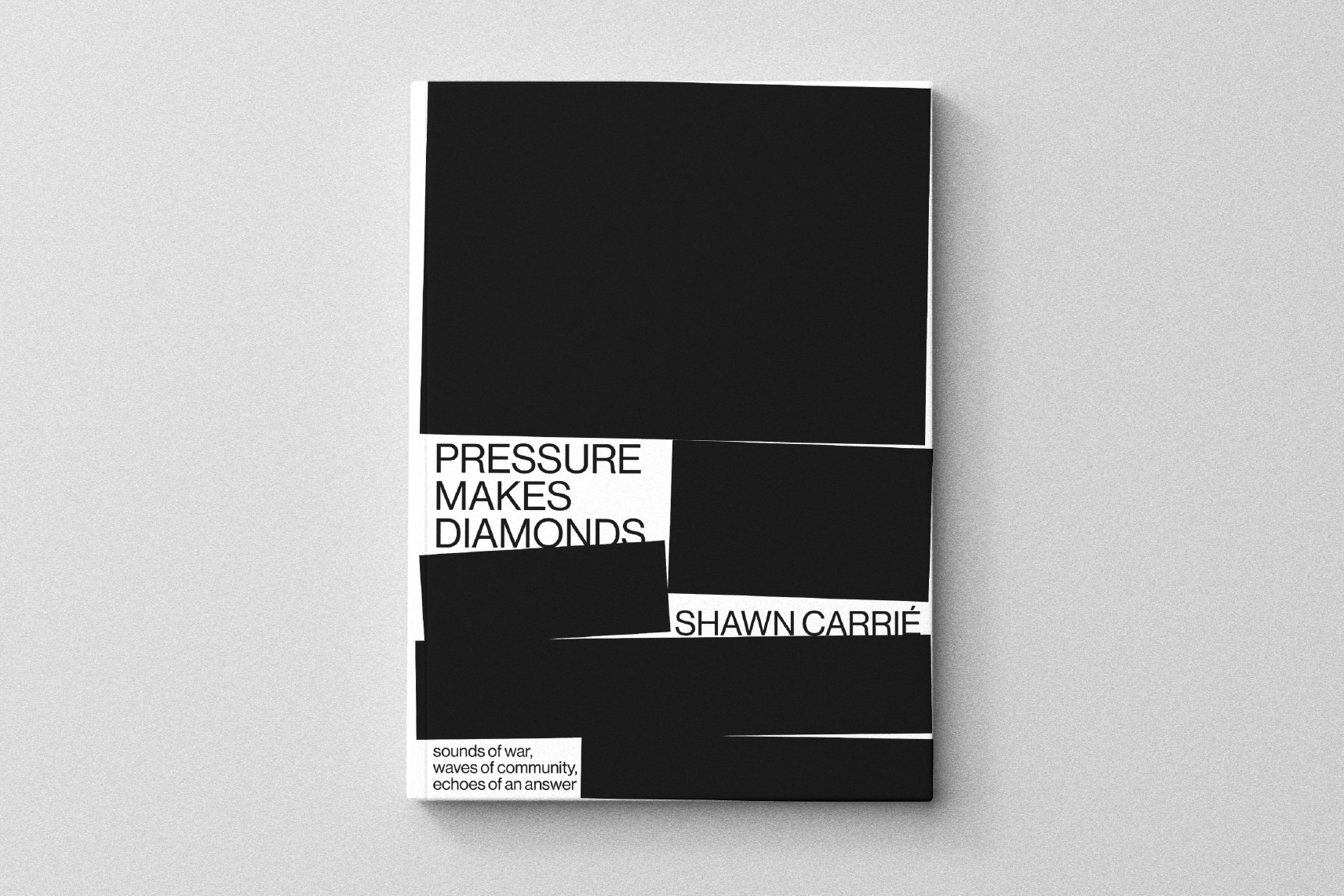Any given Friday night, there's only one place in the world where a gaggle of Saudi teenagers shopping at H&M, drunken collegiates just back from Ibiza, sex workers, drug dealers, and machine gun-carrying gendarmes can all share the same street: Istanbul's Istiklal District. The evening's last call to prayer rings out around the same time as the nightclubs get started, crossfading the city's 11:00 ambience into a melody of mosques and the beat of an EDM track.
"Everyone needs a place to escape," a disheveled graphic designer named Saïd says to me as we walk down the street. For Saïd and his friends—a jumbled crew who share in common their distaste for the mainstream life in Turkey—it's a dancefloor so dark you can't see how crowded it is, and a bass that rattles the oxygen molecules in your lungs. It's getting harder to find such a place, but they know all the right spots. As usual, the gang is heading out in search of the sugar man, a dance floor, and a steady beat.
They have to tensely avoid police who randomly stop to check IDs, because most of the group doesn't have any. "The cops don't bother you as long as you're consuming," Saïd says, with a jaded shrug that hides a hint of worry. "Istanbul is starting to feel like Damascus used to feel." Rolling past the tide of tourists, they find a disappointing sight: another club gated shut.
"All roads lead to Kasette," the saying used to go. It was little more than a DJ booth overlooking a covered alleyway, but revelers forgave the venue's tenuous zoning for the late night destination's consistent lineup of local DJs. At the height of the August rush, police came through and cut the music with to check IDs. Everyone cleared out, and the owners decided to close. It wasn't the first. Five of Istanbul's biggest nightclubs have shut their doors in recent months.
Such are the signs of the state of emergency Turkey has been under for 14 months. In the past year, Istanbul's streets have seen it all: tanks and bombings, economic crash, political rallies and protests quashed before they began.
To recap, last July, a military coup attempt—widely believed to have been orchestrated by members of the Gülen community, something like a cult-like Turkish hybrid of Scientologists and The Salvation Army—made the city a one-night warzone. In the subsequent purge, thousands from public sector workers to journalists were jailed, fired, and charged with supporting terrorism. To follow the analogy, it was sorta like locking up anyone who's ever dressed up as Santa Claus and/or enjoyed a Tom Cruise movie.
In the prevailing climate of fear, the economy plummeted, expats left the country in droves. Next door, Syria's war clocks seven years. On New Year's Eve, a Daesh-inspired gunman stormed an upscale Istanbul nightclub called Reina in a hail of bullets, killing 39 people. The streets were dead silent for three weeks until the gunman was caught. Five months later, the government demolished Reina without an explanation.
You can tell a lot about a country's political state by what people do to escape—but Turkish society is as divided as it is diverse. The feeling among many is that their freedom to party is quickly drying up. With huge conservative support—but barely a hairline majority—his Islamist-leaning Justice and Development Party (AKP) effectively controls the entire government. Once jailed by the secularist government for reading a religious poem in public, 18 years later AKP's leader Tayyip Erdoğan is now president, and is remaking Turkey in his own vision.
On paper, 91% of the people in Turkey are Muslims. The spectrum of social conservatism among them ranges from "I'm a two-drinks Muslim" to "I will beat you with a stick for drinking beer and listening to Radiohead during Ramadan"—according to Mujo, who manages a restaurant on the quieter end of Istiklal. "This is the other half of Turkish society taking their revenge," says Mujo. Her father was a Leftist jailed during the troubles of the Eighties—a period followed by a militaristic secular regime that sowed the seeds of the populist resurgence that catapulted Erdoğan to prominence.
"Istiklal is changing. The people coming now aren't here for alcohol and loud music, if you know what I mean," Mujo says—a reference to the noticeable uptick in "halal tourists" the government is courting from neighboring Gulf countries. "It's just that people are afraid that under AKP, little by little it's going to get worse. Everyone is just like closing their eyes and waiting for it be over."
A project to build a mosque in Taksim Square—epicenter of 2013's Gezi Park protests—is just one of the many local scandals they point to as evidence that an effort is underway to "clean up" the district, erasing its rich, albeit grungy history.
The local municipality responsible for Istiklal as both a major tourist attraction and the city's nightlife center has been gradually tightening regulations on social venues. First it was abruptly shutting down outside seating, then smoking areas, then new caps on volume levels, closing times, jacking up the cost of renewing a liquor license upwards of ₺1 million—($350,000)—or denying them altogether, three club owners told Noisey.
"They're systematically trying to finish the music scene in Istiklal," Çağdaş laments as we walk the streets around midnight. Çağdaş is a DJ who heads up Anatolian Sessions, an indie label known for his musical taste, spinning an original mix of eastern downtempo house. Istanbul's sound of choice has long been techno and house, boasting a rich history as Europe's easternmost clubbing capital. Fixated on quality, Çağdaş fears the political climate is having a chilling effect on the electronic music scene. "The result is now the music sucks, just shitty bars playing shitty pop tracks," Çağdaş said.
The cause is as economic as it is political. "We used to have so many clubs to go to, we would never start and finish the night in the same place,says Fuat Demiraoğlu, a DJ/producer also known as Illumina. "Money changed hands in Turkey in the past ten years, because the government only gives jobs to their own people, so the middle class shifted," "Their people don't go out, they don't go drinking or clubbing, so the people who did don't have that money anymore."
The cause is as economic as it is political. "We used to have so many clubs to go to, we would never start and finish the night in the same place,says Fuat Demiraoğlu, a DJ/producer also known as Illumina. "Money changed hands in Turkey in the past ten years, because the government only gives jobs to their own people, so the middle class shifted," "Their people don't go out, they don't go drinking or clubbing, so the people who did don't have that money anymore."
There are still, of course, the pretentious upscale Beyoğlu venues, like Klein Garten—desperately trying to look like an exclusive club—and Soho House – actually a private club, with a €900 price tag. They might play house music, but suffer a typical bourgeois cluelessness about what it means to make house music.
"Underground? It's not just a place, it's an attitude," DJ B-Drive says. "It's about really experiencing the music. It's a private party where everyone is welcome." To the scene's regulars, he's not just a DJ but a medicine man. B-Drive is a legend of techno in Anatolia. Spinning since the days of tapes and CDs, they call him "the guru of groove ." If all you want is to dance like you're inside a subwoofer—the house belongs to B-Drive. A tiny basement under a Turkish restaurant dug out and renovated with a 24,000 watt sound system, Temple is a tabernacle of Istanbul's underground.
"We need places like this, to be with people on the same wavelength," Saïd says. Weary of years in exile, his attitude is straightforward. "I don't give a shit about politics, I just want to live my life, and it's my right. I just need a dark place with a loud system so I can dance and feel some freedom, like we don't have in the daytime." It's something like a pep-talk to start the night. He grabs his friend Batool's arm as they spill out into the streets. Vintage revolutionaries, Saïd and Batool met in a Damascus apartment long before war severed their lives from their dreams. An obsidian-eyed exile from a city once called "capital of the Syrian revolution," Batool landed in Istanbul in 2014, and found her place in the darkness of the underground. Eventually she decided to try out DJing, taking the name OM.EL BEAT.
She hates talking about past and politics, but the sounds of her homeland play heavily into her live sets—every sample juxtaposed to make a statement, ruthlessly attacking nostalgia with a post-war-expressionist crowbar. In one, fighter jets roar over a rolling electro pulse while a sample out of Full Metal Jacket drills "LEMME SEE YOUR WAR FACE" before dropping a trap beat over Islamic "nawari" chanting that Daesh choir boys use in their propaganda videos.
"When I put a nawari with a beat to make people dance, it's like saying 'fuck you.' Maybe people will like it, maybe someone will want to kill me," she says with a black-lipped smile. When she's not making beats, she's usually somewhere listening to them. "I need music because when I'm lost in it, I don't think about anything else in my life," Batool says. "I don't care about what people want to hear. I just put in my music what I hear in my head," So far, a niche crowd keeps coming back for more.
A typical night for this misfit crew usually kicks off at Pixie—a hole-in-the-wall dive with no lights except the glow of the sound board. Opened in 2008, it was one of the first venues in Istanbul dedicated to drum & bass, electro and acid house. Charging a ₺10 cover (less than $3), Pixie hosts a lineup of local artists who embody the unity with the crowd that defines house—music that tells you who they are and why they make music the way they do. In the light of the smoking alley, a world of roads leading to the underground appear. I'm as likely to run into a platinum-blonde stowaway from Tehran, a drag queen who owes me a drink, and the guy who works at my local shawarma shop. "Underground people are the best people in Turkey," rambles Anda, a Turkish businessman. "No matter where they come from, they know what it means to just forget the system, and live the life."
Pixie closes around 2 AM, but the gang's adapted to the tax man's clock. Stocking up in Tarlabaşı—a seedy but gentrifying area neighboring Istiklal—a shopkeeper loads an armful of beer bottles into Saïd's backpack. Drinking on the street is tolerated, but it's illegal for shops to sell alcohol after 10:00 pm. Behind the counter, a prayer read by President Erdoğan scratches over an FM radio. "I keep this playing for the guys who come around to do checks. But you kids are alright," the clerk laughs, then it's on to the next club. Later, it's on to Glow, a grungy brick box regularly stacked with local veterans and international DJs back from touring the coast, the destination afterparty. Istanbul may not be Berlin or Paris—but its close-knit electronic scene nestled in the capital of three lost empires is organically brewing a unique sound unlike anywhere else.
Convened at Temple, the unique blend of old-school techno with Middle Eastern experimental is B-Drive's house curation. "We are trying to build tastes," says B-Drive. "It takes time to develop a genre, but slowly Istanbul is developing its own sound."
Nihad Alabsi and Philippe Zarif of the duo Boshoco combine elements from their native Aleppo, Syria into techno and progressive house.
"Electronic dance music unites people without erasing the culture. It leaves room for your own identity to grow while being part of this bigger community with the rest of the world," says Philippe. "What we're trying to do is use the instruments, melodic scales, and transposition from Arabic music and put it into deep house in a way that doesn't exist in this type of music yet." "This is how we pray these days," Nihad adds.
Recent collaborations between Boshoco and Anatolian Sessions embody the diversity of Istanbul's sound. Layering a syncopated pulse over a four-to-the-floor beat, traditional melodies lift toward free-flowing "tarab," a trance-like form borrowed from Arabic music barely dependent on rhythm and scale until the beat drops you back into time. Some give names to the experimental style, like "oriental soul house," "Arab trip-hop," "ethnic techno," or "eastern deep house." But the artists don't want to be tied to a genre.
"An eastern sound is definitely emerging in EDM these days, I wouldn't call it a new genre, maybe more of a trend," says Viken Arman, a French producer with Armenian roots. He's toured everywhere from Berlin mega-clubs, to Burning Man, to a private set to a French forest. "I think it's just what it sounds like when new producers from this part of the world are coming into electronic music." Anyone who's been to an Egyptian wedding can tell you remixing east and west isn't new. What's unique is that artists today are making electronic dance music out of their own life experiences, and the fusion of sounds is appearing at some of the world's biggest electronic music festivals. "We're still at the tip of the possibilities of how much we can transfer from our own heritage—oriental scales, rhythms, microtuning—while keeping the international rules of the dance floor," Viken says.
Istanbul's music scene may be small, isolated and embattled, but pressure has produced originality. "Sure, before in Syria there wasn't war, but you could not be an individual," Batool says. "There's less freedom to be an artist here than in Europe because it's a smaller scene. But it's a good scene in Istanbul, maybe it's productive because we're all stuck here," says Nihad of the duo Boshoco.
Art has always been a force of resistance in dark times and places. With little hope of politics improving anywhere in the world anytime soon, Istanbul's misfits find the underground is equally a place to escape from their problems as to evolve past them. "Of course terrorism affected us a lot, politics affected us a lot—but the underground will always be here—Istiklal is our heartbeat," B-Drive preaches to a faithful congregation who made it to sunrise, smoking cigarettes and planning a run on a local soup cart.

